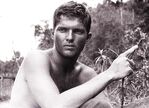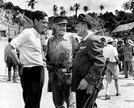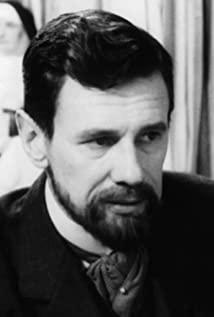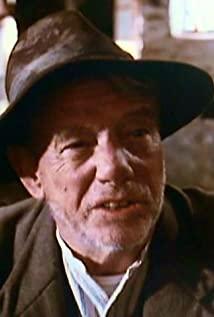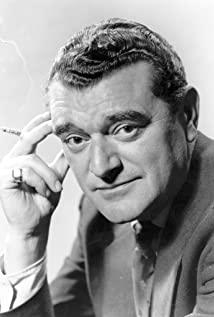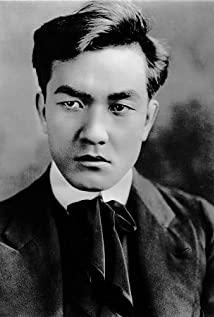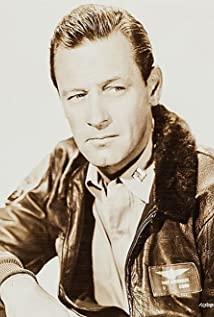In the 1955 film (as if the general view of war at that time did not change much from the current view of war?), Saito, Nicholson, Shears, all 3 were labeled as representatives of the country, and sat down to discuss The ethics of war in the three cultures of Japan, Britain and the United States. In fact, Americans and Japanese are all foils, mainly the British are hesitating there: in the war, what is the purpose of "I" - to obey the rules of war and be a good soldier, even a good British prisoner of war? Or is it—born as a human being, war and the rules of war are not the point, the point is that no matter what, you have to create, build, and work hard to achieve a little achievement in order to live your life in vain? Which values and which ethics should "I" ultimately uphold? When a person is about to die, which option do you ultimately convert to?
Cunningly and cunningly, Nicholson seemed to have made up his mind at the moment when his death was approaching and seemed unable to control his own destiny. And even if he made a decision, the director didn't hint at what his decision was at all.
But it doesn't matter. No matter what decision Nicholson makes, it is his own decision. The question is you. If you own the bridge, will you blow it up or not?
It does not mean that there must be conflicts of various values in the war. In fact, this conflict, for you, exists at this moment, and it exists here.
We build bridges within ourselves, if I think there is a reason and purpose for survival.
View more about
The Bridge on the River Kwai reviews



